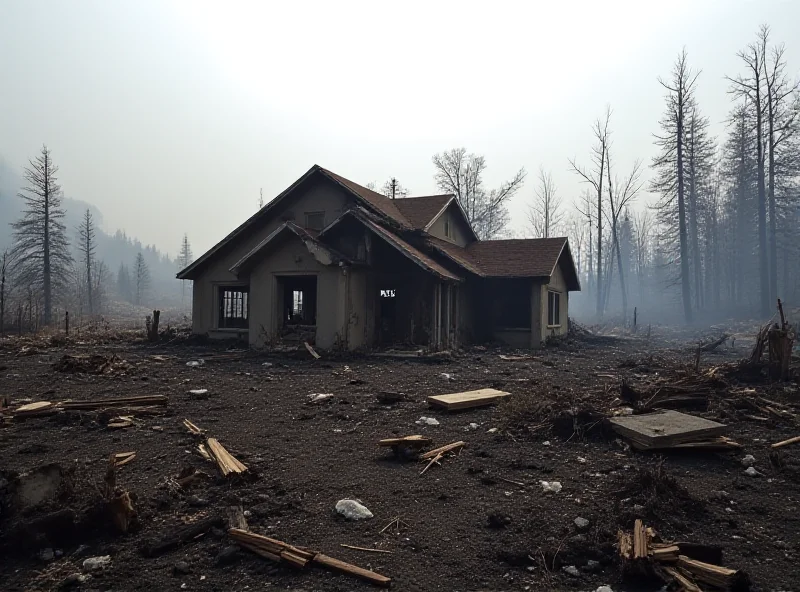California is facing a complex economic landscape, marked by both challenges and ongoing recovery efforts. Recent developments highlight the need for both proactive financial planning and addressing the consequences of policy changes.
Minimum Wage Impact
A recent study suggests that California's decision to raise the minimum wage to $20 per hour has led to significant job losses within the fast food sector. The study, originally reported by Breitbart, points to the challenges of balancing wage increases with potential economic repercussions. This development raises questions about the broader impact of minimum wage policies on businesses and employment rates across the state.

The study's findings are likely to fuel further debate on the economic effects of minimum wage laws, particularly in industries with tight margins. Critics argue that such policies can lead to increased automation, reduced hiring, and ultimately, harm the very workers they are intended to help.
Wildfire Aftermath and Insurance Struggles
The devastating California wildfires continue to impact residents, with many facing long-term challenges in rebuilding their lives. Roosevelt Banks, a resident of Altadena, is one such individual. His home was destroyed in the wildfires, specifically the Eaton Fire, and nearly two months later, he is still awaiting answers from his insurance company. Banks is currently living in hotels, facing uncertainty and financial strain. This situation highlights the critical role of insurance in disaster recovery and the difficulties some homeowners face in navigating the claims process.

"Which way do I go?" Banks reportedly asked, reflecting the uncertainty and displacement felt by many affected by the wildfires.
The Importance of Financial Preparedness
The recent tragedies in California, and elsewhere like Asheville, serve as a stark reminder of the importance of financial preparedness in the face of natural disasters. Unexpected events can have devastating financial consequences, underscoring the need for individuals and families to have emergency plans in place. This includes having adequate insurance coverage, creating an emergency fund, and understanding potential risks in their area.

Financial preparedness is not just about saving money, but also about understanding your insurance policies, documenting your belongings, and having a plan for evacuation and temporary housing. Taking these steps can significantly reduce the financial burden and stress associated with recovering from a natural disaster.
California Resources Corporation also released its Q4 2024 earnings call presentation, providing an overview of the company’s financial performance. While specific details were not included in the source articles, this information is relevant to the overall economic health of the state.
In conclusion, California faces a multifaceted economic landscape, requiring attention to both short-term challenges and long-term preparedness. From addressing the impact of minimum wage policies to supporting wildfire recovery efforts and promoting financial resilience, a comprehensive approach is needed to ensure the state's continued prosperity and the well-being of its residents.
